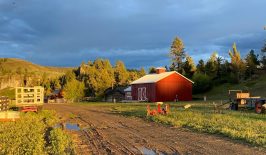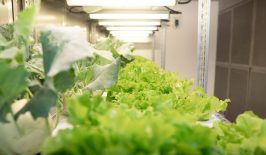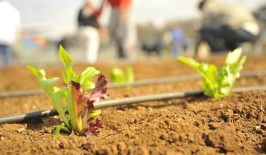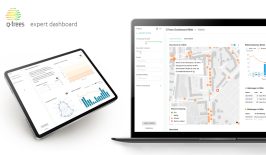Siemens is currently shifting their focus towards cities.The challenges presented by sustainable urban development are immense. Today, more than half of the world’s population already lives in cities and the numbers are rising. Cities are responsible for around 75 percent of all energy used, 60 percent of all water consumed and 80 percent of all greenhouse gases produced worldwide.
To face the multitude of challenges arising from urbanization and demographic change, cities are looking at ways to improve the efficiency of their infrastructures. With the right technology cities can become more environmentally friendly, increase the quality of life for their residents, and cut costs all at the same time. Siemens focus is on innovative technology for sustainable solutions to energy efficient buildings, water treatment facilities, transportation infrastructure, public safety systems and healthcare imaging and diagnostics.
http://www.usa.siemens.com/sustainablecities/index.html
See also the Green City Index linked to the website.








